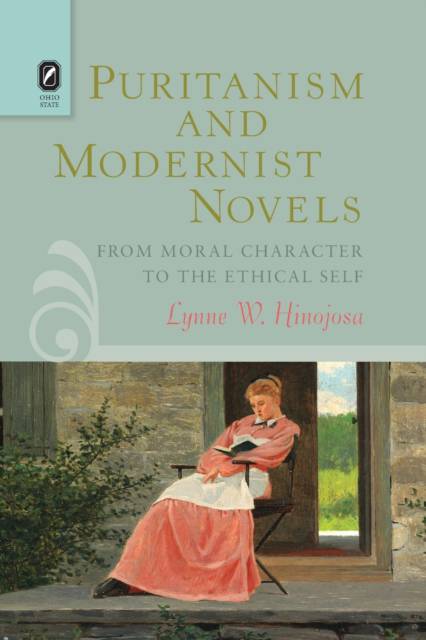
- Afhalen na 1 uur in een winkel met voorraad
- Gratis thuislevering in België vanaf € 30
- Ruim aanbod met 7 miljoen producten
- Afhalen na 1 uur in een winkel met voorraad
- Gratis thuislevering in België vanaf € 30
- Ruim aanbod met 7 miljoen producten
Zoeken
€ 50,95
+ 101 punten
Omschrijving
In Puritanism and Modernist Novels: From Moral Character to the Ethical Self, Lynne W. Hinojosa complicates traditional interpretations of the novel and literary modernism as secular developments of modernity by arguing that the British novel tradition is fundamentally shaped by Puritan hermeneutics and Bible-reading practices. This tradition, however, simultaneously works to dismantle the categories associated with social morality and moral character, helping to form "Puritanism" into a fictional stereotype. Hinojosa demonstrates that the novel thus perpetuates a narrative that associates Puritanism with moral and religious confinement, on the one hand, and modern longing with escape, on the other--even as it remains tied to Puritan views of history and the self. Puritanism and Modernist Novels offers new formal and contextual readings of early modernist novels by Oscar Wilde, E. M. Forster, James Joyce, and Ford Madox Ford. Hinojosa demonstrates that, while they long for escape, these authors still question the value of the novelistic narrative of confinement and escape. Bridging modernist and novel studies, Puritanism and Modernist Novels contributes to conversations about secularization and religion in both fields, highlighting the limitations created by the secularization narrative of modernity.
Specificaties
Betrokkenen
- Auteur(s):
- Uitgeverij:
Inhoud
- Aantal bladzijden:
- 232
- Taal:
- Engels
- Reeks:
Eigenschappen
- Productcode (EAN):
- 9780814252055
- Verschijningsdatum:
- 18/03/2016
- Uitvoering:
- Paperback
- Formaat:
- Trade paperback (VS)
- Afmetingen:
- 152 mm x 229 mm
- Gewicht:
- 344 g

Alleen bij Standaard Boekhandel
+ 101 punten op je klantenkaart van Standaard Boekhandel
Beoordelingen
We publiceren alleen reviews die voldoen aan de voorwaarden voor reviews. Bekijk onze voorwaarden voor reviews.











